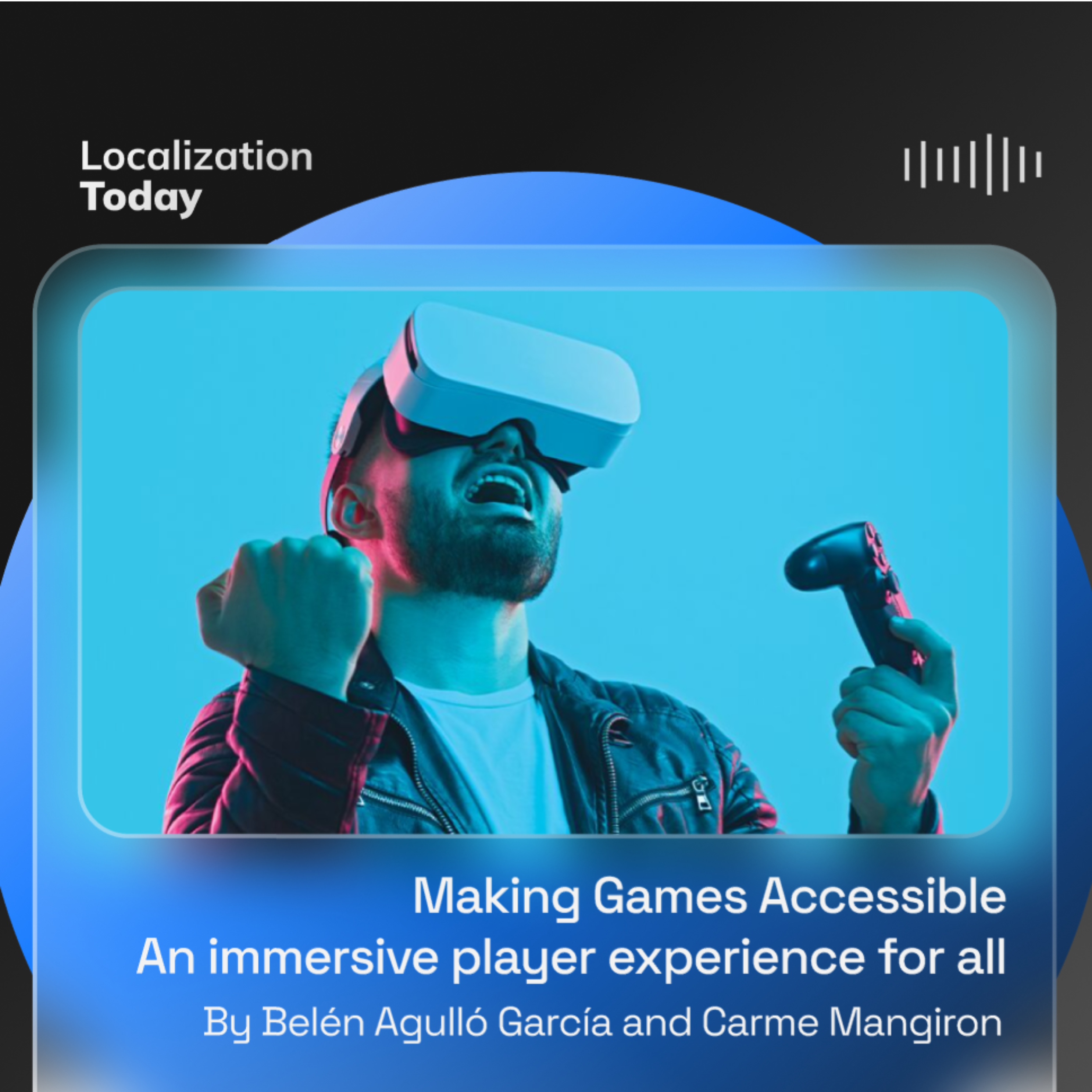Episode Transcript
[00:00:00] Speaker A: The importance of inclusive language and cultural competency in queer health care by Adriel Moroni Healthcare is a complex, multidisciplinary process that requires assessing patient needs, coordinating care, and providing treatment and other services.
Within this realm, language, culture, and identity are fundamental aspects that can significantly affect the quality of care for diverse patient populations, including the LGBTQ community in the United States. According to a 2024 Gallup poll, 7.6% of adults identify as lesbian, gay, bisexual, transgender, queer, or some other sexual orientation besides heterosexual. The american LGBTQ community mirrors the cultural and linguistic diversity of the nation itself, in which 67.8 million people speak a language other than English at home, according to 2019 data from the US Census Bureau for LGBTQ Individuals. These intersecting identities result in unique needs in the healthcare setting. Sexual orientation and gender identity play significant roles in shaping a patients health and well being across diverse dimensions. Queer people often experience inequalities in access to health care as well as in the prevalence of certain physical and mental health conditions.
Additionally, culturally and linguistically diverse patients encounter challenges such as language barriers, legal restrictions, and differences in health beliefs, and lack of access to information and services in a patients preferred language can result in anything from incorrect medication administration to missed procedures. In this context, how can language professionals help address patient requirements, strengthen the patient provider relationship, foster a greater likelihood of routine care, and ultimately improve health outcomes for LGBTQ individuals?
Gender neutral language when nouns, verbs, pronouns, or adjectives are assigned a gender, this is called gendered language. Many languages, such as Spanish and French, employ a grammatical gender system in which all nouns are classified as either masculine or feminine. Other languages, such as English, use gendered terminology when referring to people and animals. To achieve gender neutrality in language, we must adopt new linguistic conventions and stray from universally accepted grammar. While there is no widely accepted answer for how to handle gender neutrality across cultures and languages, some individuals and organizations are deciding to avoid gendered language choices when appropriate. The United nations, for instance, released the following guidelines for using gender inclusive language in English. Replace gender specific words with gender neutral ones. For example, mother father becomes parent one parent two husband wife becomes spouse one spouse to boyfriend or girlfriend becomes partner. Omit the gendered word.
[00:03:10] Speaker B: For example, the second sentence is better than the first.
[00:03:14] Speaker A: The coordinator should continue his her efforts to improve patient care. The coordinator should continue efforts to improve patient care. Restructure the sentence to use the pronoun whom.
[00:03:25] Speaker B: For example, the second sentence is better than the first.
[00:03:28] Speaker A: If a complainant is unhappy, he or she can request a rehearing. A complainant who is unhappy can request a rehearing use plural nouns and pronouns for generic subjects.
[00:03:39] Speaker B: For example, the second sentence is better than the first.
[00:03:42] Speaker A: A doctor should familiarize himself or herself with patient recurds. Doctors should familiarize themselves with patient recurds. When working on a translation project, its important to consider the intention of the source text. If the original document uses gender neutral language, that likely means that the writer or company intended to be inclusive in their communications.
The translator should take those gender neutral language choices into account and incorporate them into the translation to the target language to the extent possible.
Self identification for processes like admission and registration as well as all patient related paperwork, it is important to provide LGBTQ people with options to self identify as they see fit. This not only captures more accurate and relevant information, but also indicates to LGBTQ patients that the medical practice is inclusive. According to guidelines from Bulma, an association of LGBTQ healthcare professionals, forms should include a right in field for gender instead of only male and female options. When interacting with patients as a health care interpreter, if you mistakenly use the wrong pronoun, apologize quickly and sincerely. This creates an environment where it is acceptable to make errors and grow from them. In cases where a patient's name and or gender does not match between documents, the National LGBTQ Health Education center recommends inquiring about the difference with questions like could the insurance perhaps be listed under a different name?
Avoid asking a person what their real name is as this could imply that you do not acknowledge the legitimacy of their preferred name.
Open minded interaction cultural competence entails the ability to effectively engage with individuals from diverse cultures by understanding and respecting their attitudes, beliefs and customs. In healthcare, cultural competence is reflected in the concept of person centered care, which aims to respond to an individuals goals, values and preferences. For medical staff, including health care intaprettas. Exercising cultural competence when interacting with lgbtq people with diverse backgrounds can have a positive impact on their care. Even something as simple as changing marital status to relationship status can improve inclusivity. The National LGBTQ Health Education center recommends avoiding assumptions about a patients identity. For example, when addressing a patient for the first time, ask how may I help you? Not how may I help you sir? Its also important to ensure your body language and facial expressions do not convey disapproval or surprise when interacting with lgbtq patients.
Education and humility in a 2019 peer reviewed journal article entitled the value of identity, providing culturally responsive care for LGBTQ patients through inclusive language and practices offers, Christopher Moore and Catherine Dukes state that the key in building equity in health care starts with education around language. All members of the healthcare community, including translators and intaprettas should receive accurate and current training to recognize needs, understand best practices, and develop professional proficiency in inclusive language and cultural competency.
Addressing the challenge of working with diverse patient populations requires prioritizing efforts towards equity and inclusivity. We may not be experts in every language, culture, and identity, but approaching patients with humility cultivates trust and openness. This is vital for effective communication and care delivery, reflecting the principles underlying the translation and interpretation professions. This article was written by Adriel Mahroni. He works as a customer success manager for Terra translations, where he actively promotes diversity, equity, and inclusion in conjunction with healthcare initiatives. He holds a degree in psychology and is a binational PhD candidate in sociology of health. Germany, Argentina.
Originally published in multilingual magazine, Issue 228, May 2024.


